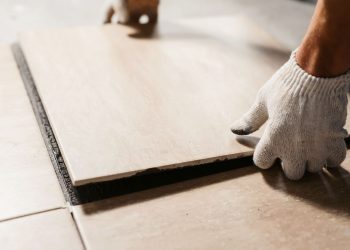If you have repairs made to your house, hold on to your receipts (or copies of them). They may be important when it comes time to sell your home.
A Buyer May Request Proof That Repairs Were Made
You may make repairs to your house that increase its value and make it more appealing to a potential buyer. For example, you may replace the roof or install new electrical wiring. A buyer who is interested in your home may ask for receipts to verify that the information in the listing is accurate.
A buyer may also be interested in the dates when those repairs were performed to know approximately how long they will last. A roof, for example, has a limited lifespan. Knowing whether the roof was replaced last year or five years ago may influence a prospective buyer’s decision.
An interested buyer will request a home inspection, which may identify significant problems. The buyer may ask you to make repairs as a condition of the sale. You may be asked to provide receipts to prove that the repairs were done, especially if the work isn’t visible because it’s hidden behind a wall.
Home Repairs May Reduce or Eliminate Your Tax Burden
You may have to pay taxes on money you earn when you sell your house. Money that you spent on capital improvements, or projects that increase your home’s value, extend its useful life or adapt it so it can be used in a new way, can save you money on taxes (provided the house you’re selling is your primary residence and you lived there at least two of the past five years.) Capital improvements can include projects such as building an addition, adding a deck or garage, repairing the driveway, replacing the roof or siding, upgrading the HVAC system, installing a new water heater and replacing damaged flooring.
Your tax bill will be determined based on your adjusted basis, which is the amount you paid for your home, plus the cost of qualifying capital improvements and related expenses, minus depreciation and depletion. Those costs will be deducted from your home’s sale price to determine your gain or loss.
If you have a gain of $250,000 or less, single or $500,000 or less or you’re married and file a joint tax return, you won’t have to pay any taxes on your gain from the sale of your house. Making qualified capital improvements can therefore help you reduce the amount you will have to pay in taxes or avoid paying taxes altogether when you sell your home. Keep your receipts in case the IRS requests documentation.











